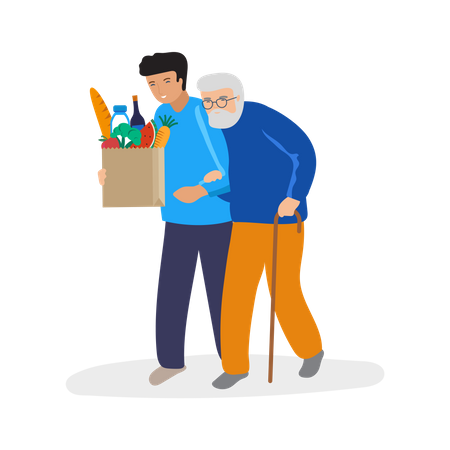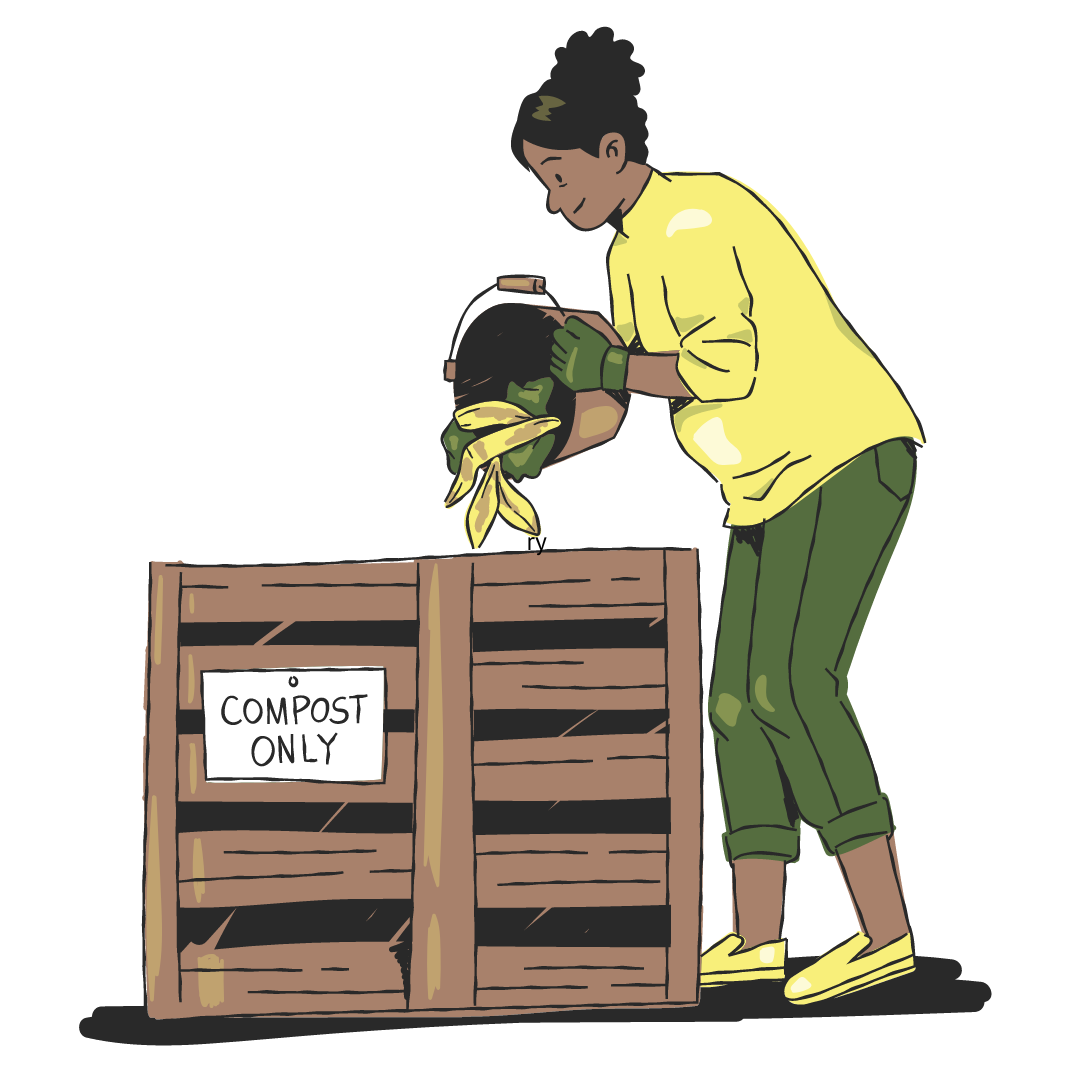Tell us what makes your community great, and be entered into a prize draw, as well as help to shape a long-term plan to improve our Communties.

You can give someone a hand by helping them with a daily task, striking up conversation, or donating a device. Find out how you can give someone a hand...

Take action to be happy at home. Find out how you can live independently, and stay connected, in your community while keeping healthy and well...

Make your day-to-day sustainable. Try active travel, learn more about recycling and reduce your waste. There's lots of ways to be clean green and safe...
